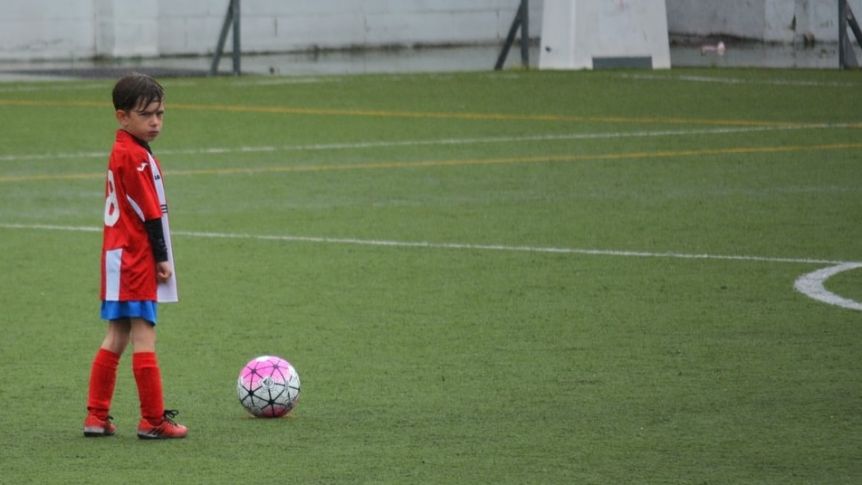|
ABC life article by Kasey Edwards, interview with Georgina Manning
If your kids are enrolled in extra-curricular activities, you know what it's like to alternate between working as a ride-share driver and a drill sergeant. You're feeding them in the car as you travel between activities, or shovelling food into their mouths as they're falling asleep at the dinner table. They're exhausted, you're frazzled but there's still homework that needs to be squeezed in between the meltdowns and before they fall into bed. But then, faster than you could say coronavirus, it all stopped. Suddenly, we weren't racing anymore. According to children's mental health expert Georgina Manning, one silver lining of lockdown is the break from racing kids from one "developmental opportunity" to the next. "I've had so many parents say to me in the last month, 'It's been so good not to rush around'," Ms Manning says. "Parents are telling me they've noticed a drop in anxiety in their children. "That doesn't mean they shouldn't be going to school and shouldn't be putting themselves out of their comfort zone. They need that. But parents are thinking that, maybe, too much pressure has been placed on their child." 'The end-of-the-day stuff is a lot nicer now'In recent years Ms Manning has seen a dramatic increase in childhood anxiety and emotional distress, and believes that over-scheduling is one reason. "Rushing children around and filling every spare moment of their lives with 'interesting' activities doesn't teach children how to manage stress. It just creates stressed out kids," she says. "If children are not rested with time for play and fun then they don't have a chance to wind down, reflect, and de-stress the brain."It's not just children who are benefiting from slowing down during lockdown. Mother of two Emma Burchett, from the Victorian town of Wallan, says while it has been difficult to adjust to staying home, it's going to be even harder to go back to normal. "It's been a change from feeling like I have to do everything — and cram it all in — to be able to step back and enjoy family life a bit more," says Emma, who works as a human resources manager in the hospitality industry. Before lockdown, her day was a blur of school and kinder drop-offs, rushing to work and getting her job done, racing back to do two pick-ups and then trying to fit in swimming lessons, among other things. "I would get them home at 5:30, make dinner and everyone's tired, everyone's emotional. The end-of-the-day stuff is a lot nicer now. Everyone's not drained and having meltdowns at seven o'clock." Kids need the opportunity to be calm. A big motivator for parents to open their wallets and drive themselves — and their children — ragged, rushing from one enhancement activity to the next, is the all pervasive FOMO. Nobody wants their kids to not have the same opportunities as their peers. But lockdown has taught parents that our children may have been missing out on something far more important than perfecting their cartwheel or pirouette, or getting that next stripe on their taekwondo belt as quickly as possible: the opportunity to be calm. This is something kids seem to be craving. As many parents can attest, young children often seem happiest when given the space to play, read, or just be at home on their own time. As we begin to emerge from lockdown there is a general willingness from government, workplaces, and communities to reassess and embrace change. This is also an opportunity for families to make a conscious choice about how busy they want to go back to being. "Some things we can't change, some things we can," says Ms Manning. "I think it's interesting to question why we were rushing. Where was the pressure coming from, and what do the kids really need?" Emma says she is currently trying to work out a way to do everything the family has to do, but without all the rushing and stress. "It's something my husband and I are discussing at the moment," she says. "How do we stop life getting back to how crazy it was?" The answer to that question is going to be different for every family. But we owe it to our kids — and to ourselves — to at least ask it.
7 Comments
|
|
PEACEFUL KIDS
|
© Wellbeing For Kids Pty. Ltd. All rights reserved. Suite 159 179 Queens Parade Clifton Hill VIC 3068 Australia [email protected] |

 RSS Feed
RSS Feed
